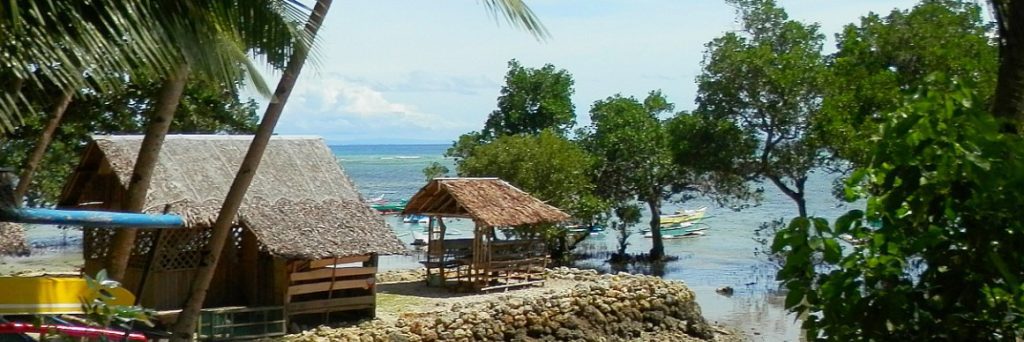One MBA alumna from the University of Pennsylvania’s Wharton School of Business has shown the true value of social impact efforts through her recent consulting work in the Philippines.
Barbara Custodio, who earned her Wharton MBA in 1989, has a long list of accomplishments over the course of her career. They include stints in Hong Kong with Chase Manhattan, Deutsche Bank and Merrill Lynch; positions in Washington D.C. with Amtrak and the International Finance Corporation; and a position as a consultant to the Speaker of the House of Representatives of the Philippines.
It’s her work in that country that led her toward a recent initiative with the ASA Philippines Foundation (ASAPF), a nonprofit microfinance organization that works to improve the lives of the poor there.
Custodio recently reported on her work with those affected by 2013’s Super Typhoon Yolanda, just one of the many natural disasters that, as we’ve all observed both abroad and in the United States, hit those at an economic disadvantage the hardest. A former classmate of Custodio’s had approached her shortly after the recent presidential election in the Philippines to ask her if she would like to serve on a consultancy basis to aid those whose lives were forever altered by the typhoon.
The description Custodio offers with regard to the purpose of microfinance is clear and direct: “Microfinance refers to an array of financial services, including uncollateralized loans, savings and insurance, which target the enterprising poor whose financial needs are not served by traditional banks due to the higher risks involved. Microfinance is not simply about providing financial services—it encompasses a broader perspective of social development and poverty alleviation.”
She describes a family who weathered the typhoon, but not without great losses, both of loved ones and of financial security. A couple with four daughters had lost three of them during the storm. This tragedy was compounded by the loss of the husband’s mother and aunt. He had worked two jobs as a mechanic and cab driver, and the expenses brought about by their losses far outweighed the couple’s income.
Custodio’s mission was clear in aiding this families and the thousands of others like them. “How can they rebuild—not just homes, but livelihoods? …” she asked, “…And in an economic landscape where only the rich are thriving, how can the Philippines create inclusive growth for those at the base of the pyramid?”
Her theory was that the answer was an inclusive financial services industry; one that aimed not just to make the wealthy wealthier, but to provide for those who worked hard and could not withstand such unexpected circumstances. The ASAPF was founded in 2004, and more than a decade later, was able to boast the creation of a microfinance institution (MFI) that serves more than one million Filipino clients. The ASAPF is unique in that it is the first to serve all provinces of the country.
For the couple who had lost so much in that typhoon, the ASAPF was able to provide them with a small grant and an interest-free loan, which allowed them to build a new home in a safer area, out of danger of floodwater. The house was built with locally sourced and salvaged materials. Not only did the couple regain a home, but an additional loan allowed the couple to open a small business—a neighborhood market.
The couple recently had a new baby daughter, who will grow up in a comfortable home filled with many modern conveniences that the family did not have access to before. The ASAPF not only granted the couple the emergency funds to rebuild their lives but the skills with which to manage the money that they’d been given by the nonprofit.
Custodio credits Wharton Professor Katherine Klein with giving her the advice and drive to participate in such a worthy effort. Professor Klein told her, “Business isn’t always just about making money—it can also play an important role in improving education, reducing poverty, and creating new products that change lives.”
